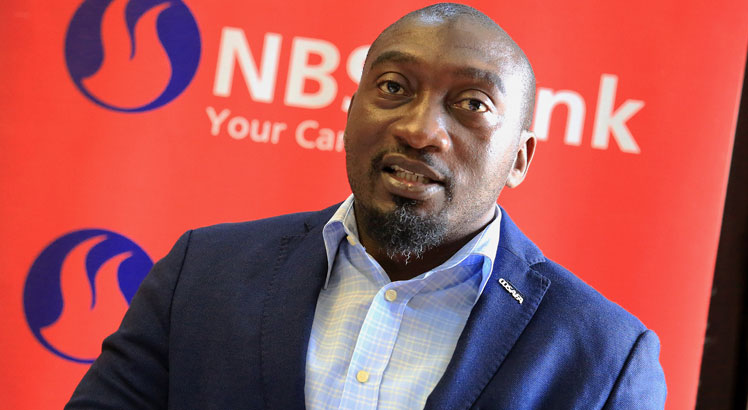Judiciary rolls out computerised case management system
The Judiciary has rolled out a computerised case management system (CMS) replacing the manual one which has been used by the courts for years.
The CMS seeks to speed up the cases in court and will be linked to the Director of Public Prosecutions (DPP).

It will improve case registration, ease information sharing between the Judiciary and the DPP and improve case tracking, among other benefits.
Judiciary spokesperson Mlenga Mvula said judges, magistrates and registrars were trained in the new system year. Last Thursday, the Judiciary drilled court clerks on how to operate the system.
“This system has been made possible with financial and technical support amounting to 1.5 million Euros [about K1.2 billion] from European Union [EU],” said Mvula.
“Some of its objectives include increased efficiency of judicial and prosecutorial staff, promotional and protection of the fundamental rights of those in contact with the formal justice system, improved online access to service information for all court users (including wider public) and administration, tracking, flow and monitoring of all civil and criminal cases.”
He also said it will improve integration and information sharing between the Judiciary and the DPP and secure centralised capture, exchange and storage of key case information.
Mvula added that the objectives dictate the overall concept of the CMS which is based on the understanding of the case life-cycle.
He said: “Once a case file is created it is incrementally update at different stages of the cycle.”
In an earlier interview, University of Malawi’s Chancellor College associate professor of law Mwiza Nkhata described the move to embark on an automated system as a positive development, saying the system has the potential to curb delays in justice delivery.
He, however, said there is need for a positive mindset towards the system and way of handling cases as, he noted, sometimes good systems fail because institutions or people resist them.





